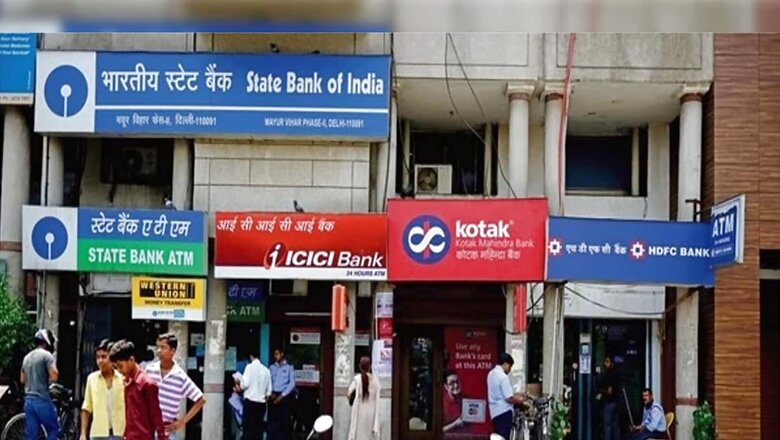
views
The banks and the whole financial system operate on several parameters, which are designed and decided by competent authorities from time to time. As banking is a service-driven sector and connected with daily public-dealing, there are several terms which are used within the system.
These terms are services/or definitions of a particular procedure. Sometimes, these terms are not familiar to common people and they end up getting confused or wasting time to clear the doubt.
Here is a list of ten words/terms which are widely used in the day-to-day banking and finance industry.
NEFT: It stands for National Electronic Funds Transfer. As the name suggests, it is a process of transfer of funds from your bank account. It is an electronic means to transfer money from one account to another irrespective of the branch and the bank. However, NEFT involves some charges depending on the bank and amount.
IMPS: It is Immediate Mobile Payment Services, another inter-bank funds transfer system, where the money is sent real-time. It means the transaction is instant and the balance reflects immediately.
RTGS: Real Time gross Settlement, is another fund transfer system available to banks for transfer of funds. It is usually used for higher amounts. For example, in State Bank of India, minimum Rs 2 lakh can be transferred via RTGS, whereas in NEFT, you can transfer Rs 1 as the minimum amount.
Plastic Money: This term is generally used as a reference to currency used by people other than hard cash. Usually, it is used to refer to debit and credit cards.
KYC: Know Your Customer, is a mandatory procedure that all banks/NBFCs and other RBI regulated entities have to implement in order to establish the identity of a customer. It involves submitting a set of documents like Aadhaar card or a PAN card.
Credit History: It is a record of a customer’s credit behaviour with regards to loans in the past. A credit bureau, like CIBIL, collects the information of a customer. This is checked by lenders before granting you a loan to assess the credit discipline.
Planning To Take A Loan? Know What is CIBIL Score; Check All Details
MICR Code: Magnetic Ink Character Recognition code. is a nine digit code, which is printed bottom right hand corner on bank cheques. This helps in swift and hassle-free clearing of your cheque.
IFSC Code: Indian Financial System code, is a 11-digit alpha-numeric code. It is required to transfer money between bank accounts. It facilitates the transfer of funds from one bank account to another electronically.
Mobile Banking: Currently, most banks offer services digitally, which can be availed through different modes. One such mode is mobile banking, where a customer avails banking services with the help of a mobile phone by following the steps listed by the respective banks.
Repo Rate: Repo rate is the annualised interest rate for the funds transferred by the lender to the borrower. This is the rate on which RBI lends money to commercial banks.
Read all the Latest Business News here


















Comments
0 comment